The Ecuadorian banana industry is likened to a machine that cannot afford to stop running. As the industry waits for the final figures to close the 2022 year, the world leader in banana exports Ecuador are likely going to close the year with around 354.6 million boxes exported, 20.8 million boxes less than 2021 with an estimated loss of $258 million. “2023 will also have several challenges in the global banana market,” says José Antonio Hidalgo, executive director of the Association of Ecuadorian Banana Exporters (AEBE).
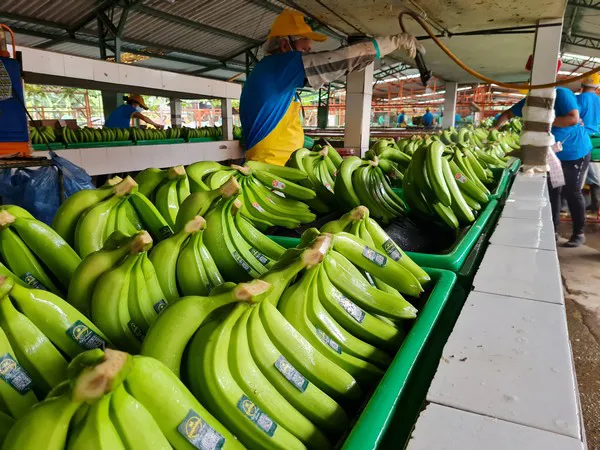
“We started 2022 with a lot of issues. There was price increases on cartons, freight and fertilisers. Those incremental increases were not assumed, nor was there a fair response within the banana value chain with especially supermarkets not also paying more, which the producers and exporters had to pay alone. When the conflict between Ukraine and Russia started the first eight weeks were tough and uncertain. This was mainly because of logistic lines that closed the service, which made it really rough weeks where we did not have any other options to replace the volume that normally goes to Russia. After a couple of weeks some liner services opened services again, but at shipping prices that were really high and hard for the market to achieve.
"In those eight weeks we had a loss of 500 00 boxes per week. This shocked the global banana market. Those were weeks where we could not handle production. Our industry does not stop, it is like a machine that cannot afford to stop running. After these forced stopped weeks we suffered through producers being unable to maintain some plantations during these tough weeks. Some producers dedicated to these markets suffered on productivity. Also during the last few months of the year the temperature in Ecuador became cooler. This also impacted the production,” says Antonio Hidalgo.
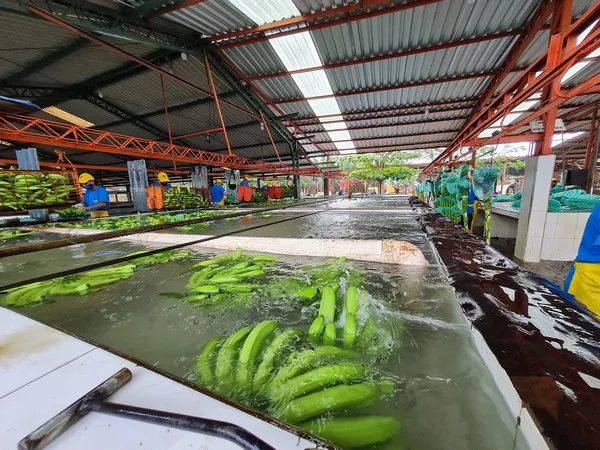
Coupled with all these challenges, there was also a major strike by indigenous community in Ecuador during the middle of last year, which forced closures of farming operations. Antonio Hidalgo says it is not only internal challenges in his country but there remains challenges in the global banana industry that has to be addressed.
“We foresee 2023 will also have several challenges in the global banana market. What occurred on 2022 has had an effect on prices. It has been weeks of really high prices. We hope the climate also starts to change due to the La Nina weather pattern we expect a really tough year. Right now, what we expect is to consolidate commercial relationships especially in the European Union market, where the shared responsibility input and campaign really consolidates with the negotiation in the future.”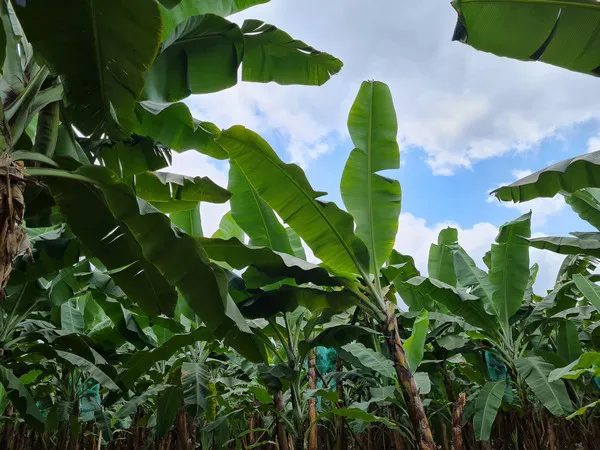
He says the issue of shared responsibility in the banana value chain, which Latin American banana producers have been addressing through engaging European retailers in several meetings at major trade shows last year, will continue in 2023. Their aim is to work towards gaining better prices for the future with all supermarkets for bananas that will support all the work they do on sustainability. And that supermarkets compromise on only buying living wage bananas, to which Ecuador already complies.
“The banana sector has made a lot of efforts in sustainability, and implemented costly changes according to what certification bodies stipulate. All supermarkets have to use as a benchmark the Fair Trade methodology in terms of how they compensate the sector. Because of the difference in the cost structure of different countries there has to be a price for demonstrable efforts made on sustainability. We all have to be involved. Not only one supermarket, but all must take into account the effort and comprise not only in this year’s contracts but next year’s too. Sustainability has to be implemented by everybody,” explains Antonio Hidalgo.
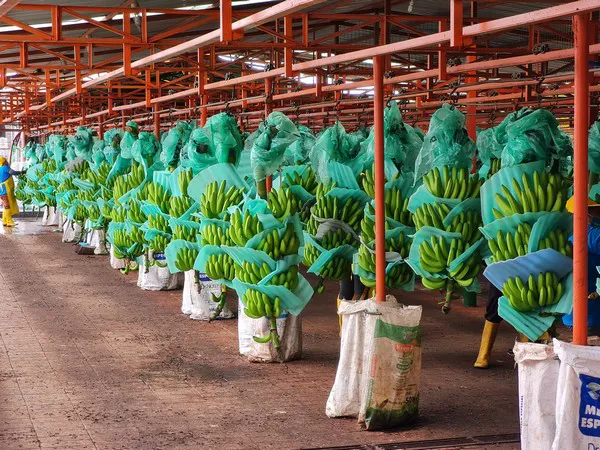
Looking forward to Berlin
“We are preparing to travel to Berlin, to consolidate more. We really want to talk on the efforts to comply with a living wage, in which Ecuador has no gap. We want supermarkets to only buy bananas from countries that comply with paying workers a living wage. It is the law by German authorities that companies have to do due diligence, therefore by law they have to buy products that comply. This closely aligns to what we want to see. We hope this also gets consolidated to other European countries. Ecuador complies and we need supermarkets to talk publicly about their compromise. If other countries are not paying a living wage, it’s a competitive advantage if bought from them. At Fruit Logistica we look forward to talk about sustainability matters, living wage, and appeal to supermarkets to only buy from those countries who comply. Countries who do not yet comply will have to comply to ensure a level playing field and fair competition. That’s one of the main challenges,” states Antonio Hidalgo.
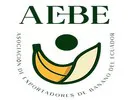 For more information:
For more information:
José Antonio Hidalgo
AEBE
Tel: +593 96 402 9141
Email: communications@aebe.com.ec
www.aebe.com.ec
